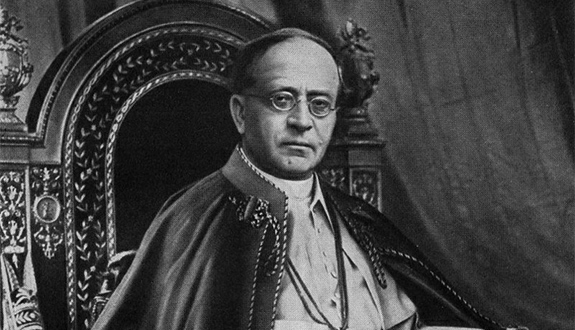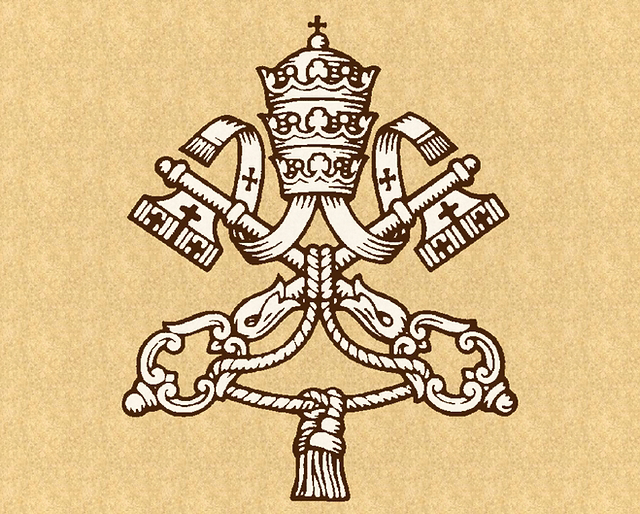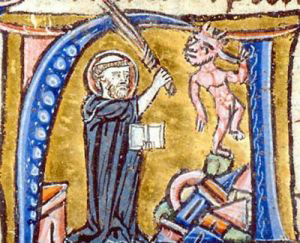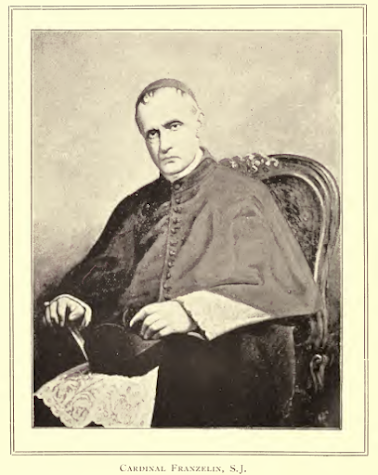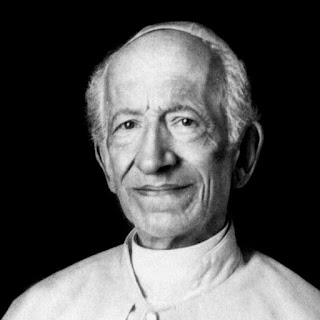On Freedom of Speech - Excerpts from Libertas Praestantissimum - Pope Leo XIII - 1888
This document, in addition to those on Modernism by P. Pius X, made me rethink my gut reactions as an American. There is great wisdom in what the Church says, even when we don't like it; even when it goes against everything we have been taught. I have seen many Catholics rashly posting their opinions about other Christians, Clergy, Bishops, and the Pope -- especially recently. We need to keep in mind that while we have the ability to speak our minds, that doesn't mean we always should... For this reason, I give you the excerpt below. This is P. Leo XIII's (1810-1903) commentary on "Freedom of Speech." ‐---‐--------------- Libertas Praestantissimum On the Nature of Human Liberty Pope Leo XIII - 1888 Paragraph 23. We must now consider briefly liberty of speech, and liberty of the press. It is hardly necessary to say that there can be no such right as this, if it be not used in moderation, and if it pass beyond the bounds and end of all true liberty. For right is a...
